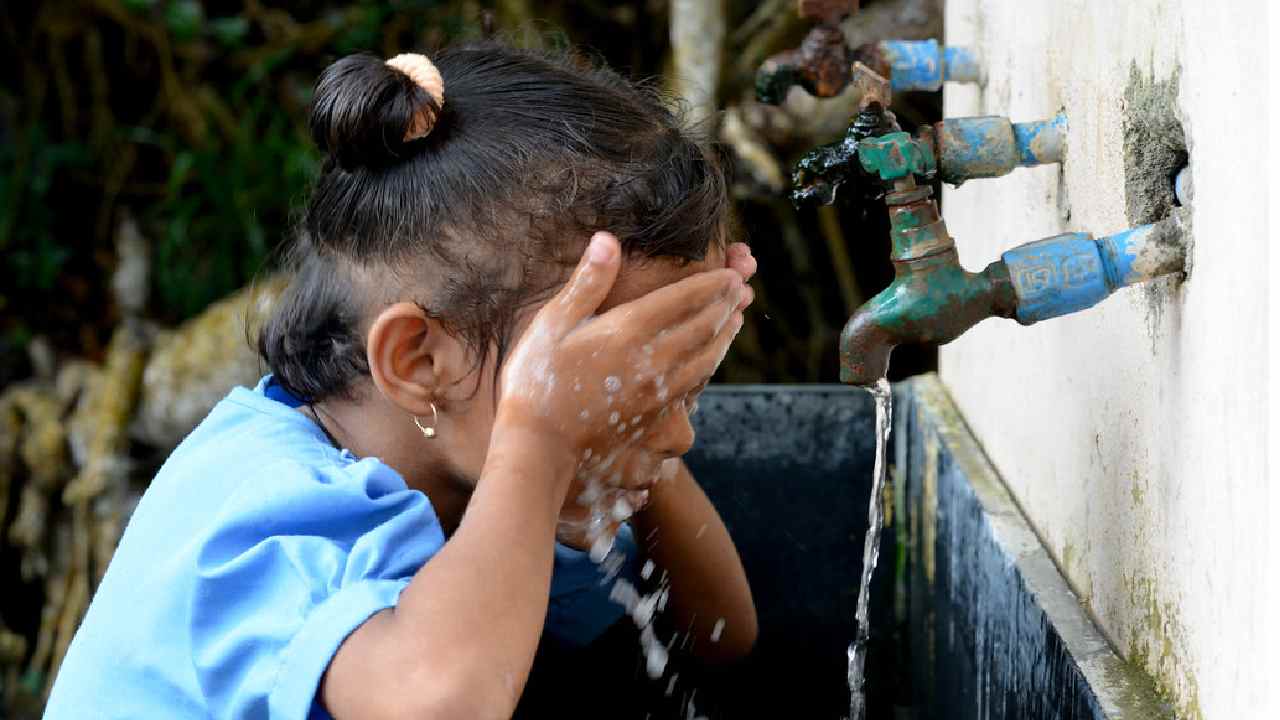According to the latest data released by the Jal Jeevan Mission (JJM), a total of 7.81 crore rural households have been connected to tap water supply lines since it was launched in 2019, when 3.23 crore rural households had permanent water connection. Cumulatively, a total of 11.05 crore households out of 19.36 crore households or 57% of all rural households now have tap water connection.
The Government of India has been regularly reviewing the implementation with respective State governments. Regular review meetings at highest level including conferences, workshops, video conferences are held as well as field visits by multi-disciplinary team are taken up wherein States are advised to plan and expedite the implementation to achieve the goal in a time-bound manner.
For online monitoring, JJM–Integrated Management Information System (IMIS) and JJM–Dashboard have been put in place. The JJM Dashboard has been developed whereby the information on the progress of the mission at state, district and panchayat levels are provided in public domain. Provision has also been made for transparent online financial management through Public Financial Management System (PFMS).
Water being a state subject, steps for augmentation, conservation and efficient management of water resources are primarily undertaken by the respective State Governments. Under JJM, the water sources include groundwater (open well, borewell, tube well, handpumps, etc.), surface water (river, reservoir, lake, pond, springs, etc.) and rainwater stored in small tanks are being used as sources for drinking water supply schemes. State maintain the details of individual projects and schemes for rural water supply and water source projects.
Under the JJM Operational Guidelines states and Union Territories (UTs) are mandated to constitute Source Finding Committees which will review the water supply schemes for availability of potable water in adequate quantity in prescribed quality for the scheme design period.
In addition, provisions for taking up augmentation and strengthening of local and traditional drinking water sources in convergence with other schemes at village level such as MGNREGA, 15th Finance Commission tied grants to Rural Local Bodies (RLBs), Integrated Watershed Management Programme (IWMP), state schemes, District Mineral Development Fund, CSR funds, community contribution, etc. have also been envisaged under the JJM.


























